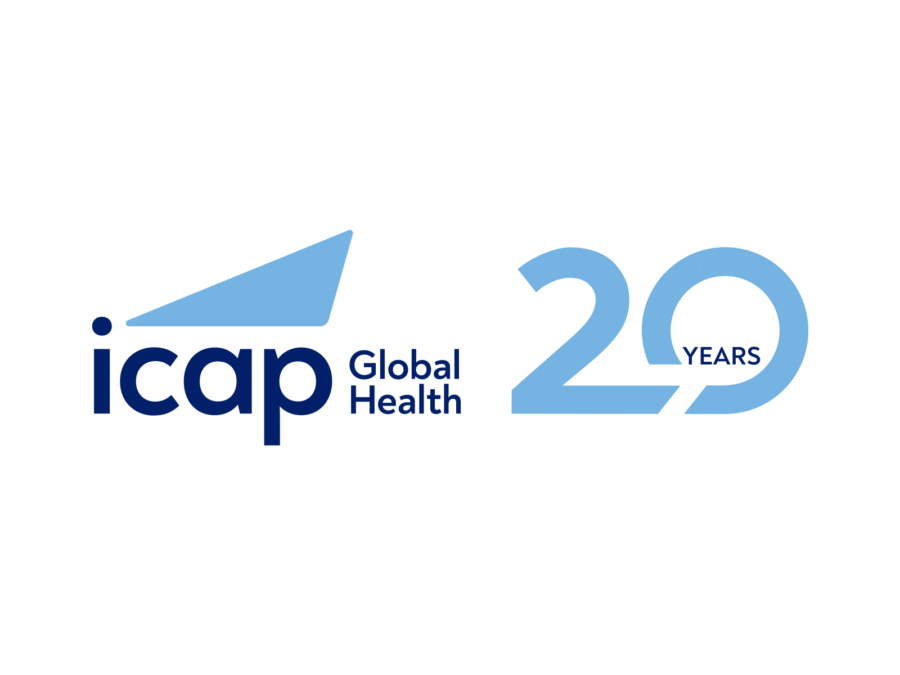The World Health Organization has just published its first list of priority pathogens, drawing attention to the rising global threat of antibiotic resistant bacteria, also called superbugs. “The emergence and spread of multi-drug resistant bacteria is a serious global health challenge,” explains Dr. Miriam Rabkin, director for health systems strategies at ICAP. “The concern is that if these multi-drug resistant organisms continue to spread, we will run out of working antibiotics. It’s a terrifying scenario.”
The Global Health Security Agenda is an international effort to prevent, detect, and respond to infectious disease threats. In 2015, ICAP launched its first global health security-focused project, with funding from the U.S. Centers for Disease Control and Prevention to work in Sierra Leone in the aftermath of the 2014-15 Ebola outbreak. ICAP works to build local capacity to prevent the spread of infections in hospitals in Sierra Leone by enhancing infection prevention and control. “Even simple steps, like proper hand hygiene and contact precautions, can make a big difference,” says Dr. Mame Awa Toure, ICAP country director in Sierra Leone. “ICAP is working with the Sierra Leone Ministry of Health and Sanitation to implement quality improvement projects that empower hospital staff to prevent health care-associated infections.”
ICAP is also working with CDC’s International Infection Control Program within the Division of Healthcare Quality Promotion to develop training resources and manuals designed to reduce and control outbreaks of carbapenem-resistant Enterobacteriaceae (CRE) in intensive care units in middle-income countries. “CRE outbreaks in health facilities are increasingly common,” notes Dr. Rabkin. “It’s critical to avoid the spread of these organisms within hospitals, and we hope these resources can help.”
A third project in ICAP’s growing global health security portfolio is starting in the Republic of Georgia in April 2017. The project aims to support the Ministry of Health to monitor and evaluate its new infection prevention and control guidelines. “Collecting and analyzing data on infection prevention and control activities is a challenge,” says Dr. Anna Deryabina, ICAP country director for Central Asia. “But we hope that ICAP’s expertise in the area of strategic information will be valuable to the Ministry of Health and other partners.”








